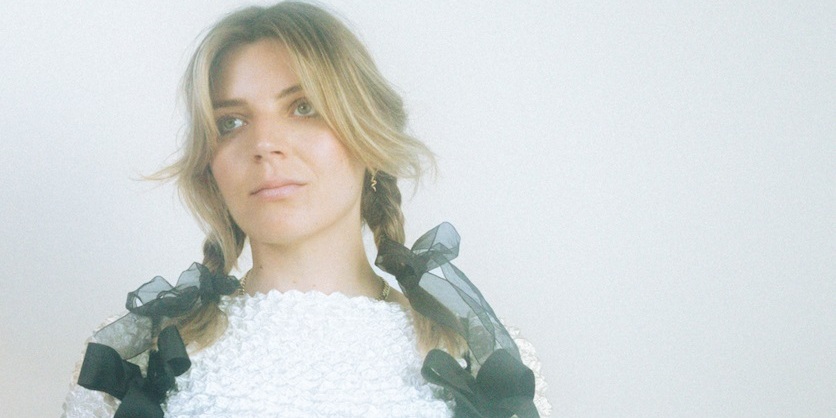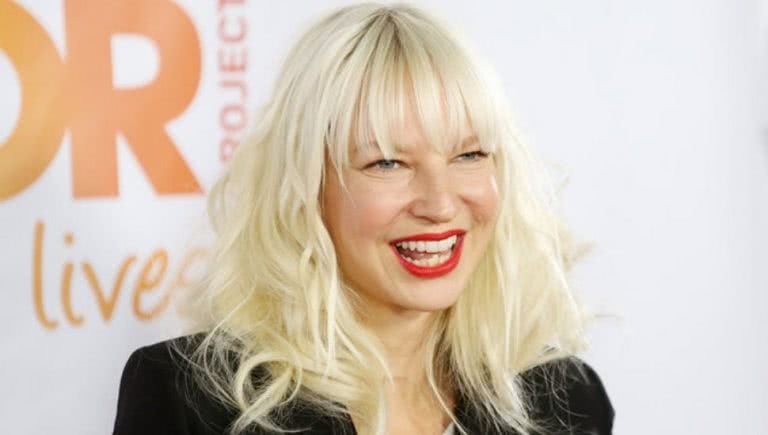On Wednesday night, May 1st, the 2024 APRA Awards took place in Sydney. Of the 17 award categories, two were won by women. That’s equal to the number awarded to Dean Lewis alone.
The music industry is male-dominated at every turn, a fact that has been highlighted time and time again in academic research, articles, 2022’s National Music Industry Review, and social movements for at least the past three decades. I’d like to discuss the link between women’s underrepresentation and the male-inflicted harm that pervades the Australian music industry.
Because the connection is not tenuous.
In fact, it’s the accumulation of moments like these that form the cultural scaffolding of an industry that fosters and maintains high rates of sexual violence and gendered harm against women.
In a post-#MeToo context, in a week marked by nationwide protests calling for action on violence against women, we are sick of a two-steps forward, one-step back approach to society valuing, respecting and celebrating women.
Misogyny, sexism, and sexual violence in society is reflected in the microcosm of the music industry. Music is an animating force of pop culture, and pop culture both shapes and imitates broader social attitudes. To me, the magic of working in music is that our industry does not exist in a vacuum. When we amplify, platform, and celebrate women and people from other marginalised groups, we build their social capital.
However, the change-making potential of the music industry is undercut by a distinct paradox. Creative industries like music have been found to outwardly present as progressive, cool, and egalitarian, while harbouring high rates of inequality and gendered harm.
Love Music?
Get your daily dose of metal, rock, indie, pop, and everything else in between.
In other words, the leaders, tastemakers, and gatekeepers of the music industry talk a big talk about women’s inclusion.

Meanwhile, every shred of evidence shows that the music industry is male-dominated in all roles, women are underrepresented as executives, erased from the music canon as artists, devalued as fans, subject to higher rates of harassment while working in the industry, experience higher rates of sexual assault as audience members in the live sector, are not platformed as role models for other women, face less support for career development, and are excluded from the “boys club” culture that locks women out of the industry and throws away the key.
When women’s contributions to the industry are erased and excluded like at this year’s APRA Awards, progress is washed away and replaced with the status quo.
And let me make something crystal clear about the norm: male dominance is a known risk factor for sexual violence. The connection between the “boys club” and high rates of sexual violence in music is not a long bow to draw because sexual violence is born from gendered power structures.
The two women recognised at this year’s APRA awards were Taylor Swift for her song “Anti-Hero” being the most performed international work, and Sia for her song “Unstoppable” being the most performed Australian work overseas. Taylor and Sia are already stratospheric artists whose careers transcend the bounds of the APRA Awards, and both their award categories reflect their international success.
There is a time and a place to celebrate their personal dominance as solo female artists at the top of their game, just as I’d like to take a moment to shout-out the few male winners who are not straight, white dudes.
The music industry needs to deeply invest in amplifying the voices of gender diverse people, of First Nations artists and music makers from a whole range of marginalised groups. But right now, the lack of women represented by APRA on Wednesday night was so glaring it sent me reeling.
APRA AMCOS is a peak music industry body with over 100,000 members and is a national organisation that supports the careers of nearly every Aussie and New Zealand composer, songwriter and publisher.
In the local music industry, APRA is a big deal. They collect music license fees, pay out royalties, run professional development workshops and competitions, and put on the annual APRA awards. They also do good work towards gender parity, diversity, and inclusion, all of which is listed on their website.
The Aussie music industry was rocked by the #MeToo movement in 2020, and it seemed like the veil was lifted on the state of toxicity, sexism and misogyny in music. The national inquiry Raising Their Voices report in 2022 further detailed this, and set out recommendations for reform. One recommendation was that industry bodies “set targets and actions to increase women’s representation,” including award nominations.
There are known solutions to reducing gendered harm in music, the industry just ignores them.
I don’t know what else to say.
Lily Richardson fronts the band CLEWS. She is a PhD candidate at UNSW researching gendered harm in the music industry and barriers to lasting change.

































